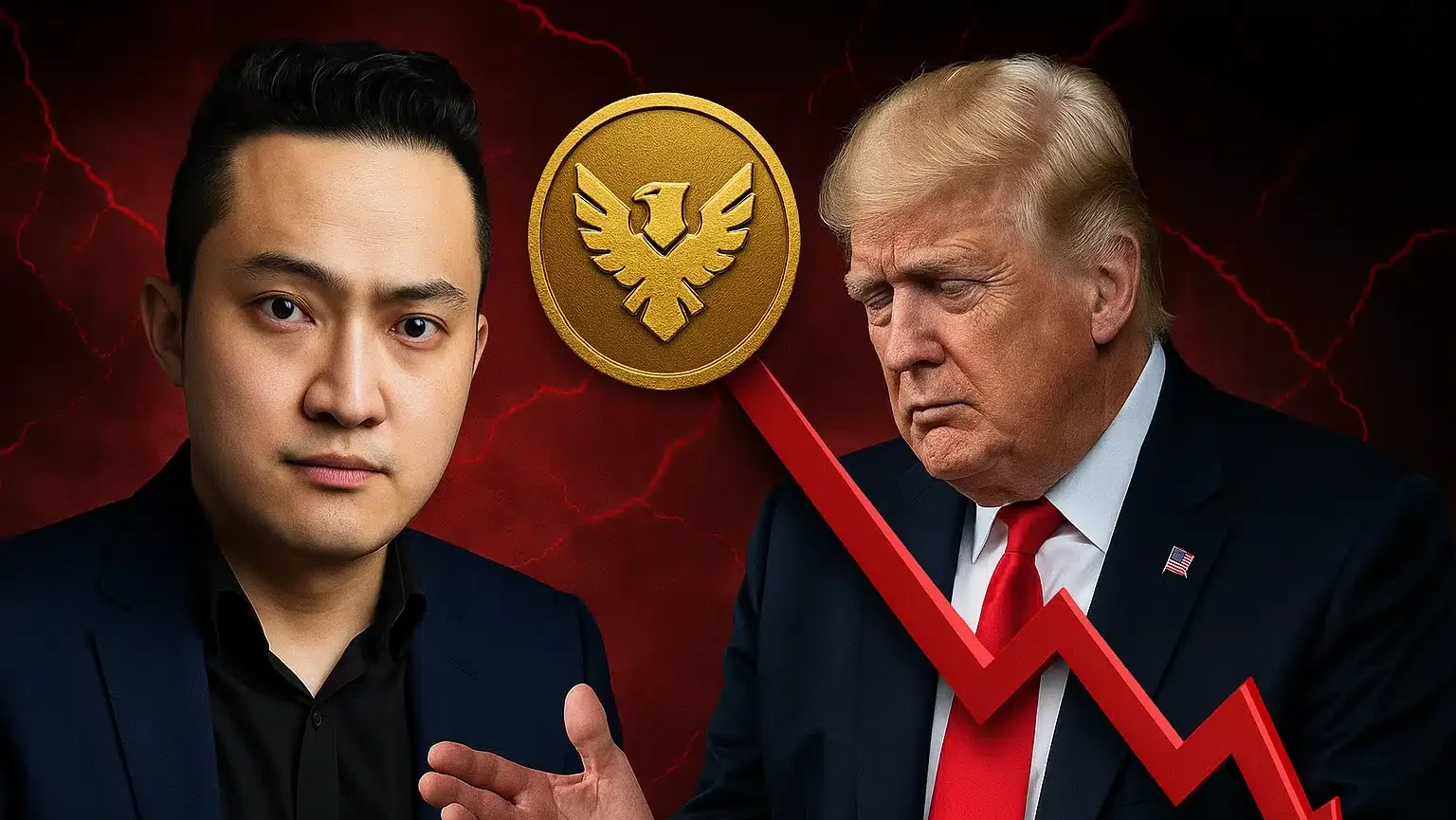The ongoing dispute involving Justin Sun and the World Liberty Finance (WLFI) team has sparked significant concern among investors about the principles of decentralization and governance in decentralized finance (DeFi). This conflict illustrates a potential vulnerability in the cryptocurrency market, raising questions about investor rights and protections.
Dispute Over Token Freedom
Justin Sun, the founder of Tron, is demanding the release of his locked WLFI tokens. This request comes after controversial on-chain actions that led to his tokens being blacklisted. Sun asserts that as a major early investor, he is entitled to the same rights as any other token holder, describing his tokens as “sacred and inviolable.” His public appeal to the WLFI team emphasizes potential trust erosion within the community.
Impact on Investor Confidence
The freezing of assets for such a prominent figure runs the risk of undermining broader investor confidence in the WLFI project. Stakeholders are now left pondering crucial questions: Who is authorized to freeze tokens? What criteria are in place for such decisions? Without transparent governance structures, suspicions may arise that centralized control over the tokens is at play, contradicting the core philosophy of open markets and community governance.
Governance and Legal Considerations
Effective governance is essential for maintaining investor trust in the cryptocurrency sector. Institutions must clearly define the mechanisms they use to manage token interactions, such as freeze protocols and the consequences that follow. A well-articulated governance framework, including multi-signature approvals and public consent, can help to mitigate risks of arbitrary actions by any single team member. However, the recent incident with WLFI illustrates that many projects still lack these essential elements.
Broader Concern in DeFi
While DeFi platforms promote ownership without intermediaries, the reality reveals complexities such as administrative rights and upgradable contracts. These features, designed to ensure safety, can potentially be abused, undermining the decentralized ethos these platforms claim to support. The WLFI controversy highlights the real-world implications of these tensions, showcasing that decentralization is more a promise than a given in practice.
Market Repercussions
In the short term, the freezing of WLFI coins may lead to a temporary price support due to reduced supply. However, market momentum often relies on sustained demand, with recent trading volumes indicating high activity amidst these uncertainties. Legal ramifications loom as potential questions arise regarding consumer rights and transparency in token classifications. If tokens are marketed as freely transferable but have the ability to be frozen, regulatory scrutiny could intensify.
Conclusion: Empowerment Through Transparency
The unfolding situation serves as a reminder of the importance of transparency in crypto governance. Investors demand clear rules to safeguard against fraud and arbitrary decisions. By optimizing governance protocols and enhancing disclosure practices, projects can rebuild trust and carve a pathway for sustainable growth. Steps taken toward clarifying administrative rights and engaging the community will be vital in preserving the integrity of the DeFi ecosystem.
- Justin Sun emphasizes the need for investor rights and transparency.
- The freezing of assets raises fundamental issues about governance.
- Investor confidence is at stake due to lack of clear regulations.
- Projects demonstrating robust governance frameworks can foster trust.


